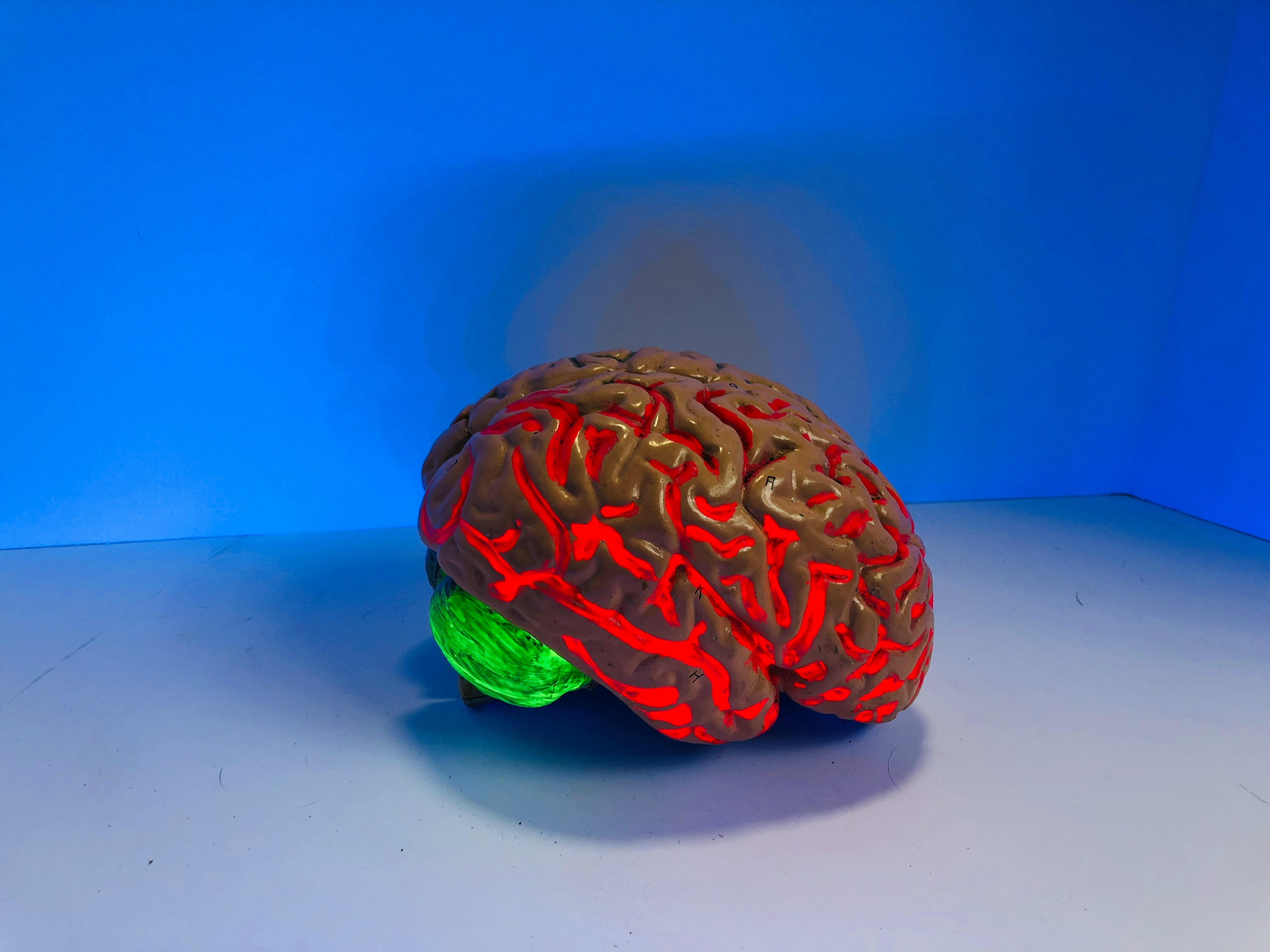
Monday 8th July 2024
Redefining Alzheimer’s poses ‘potential harm to millions’
Louise Morse
Around 30 percent of older people have protein deposits on their brains, but do not develop Alzheimer’s, confounding the hypothesis that they are the cause of the disease. Nevertheless, after years of discussion, a panel of industry and academic scientists, led by the American Alzheimer’s Association have redefined Alzheimer’s Disease to include people with normal cognition and no symptoms but whose brains have deposits of the amyloid B and tau protein. Under the new definition they are Alzheimer’s Stage 1. Stage 2 is described as when they become depressed, anxious, or apathetic (not uncommon in old age), defined as ‘neuro-behavioural difficulties’. The reason for the new definition, the panel said, is that there are now relatively simple blood tests to detect the proteins, along with new drugs to remove them and prevent the disease developing. But the American Geriatrics Society (AGS) said that the new definition had not considered the potential harms to millions with ‘no discussion about the potential impact on their personal identity or social and fiscal consequences.’
Living with a ‘label’ changes our expectations, for better or for worse. People diagnosed with dementia can have depression and suicidal thoughts.
Also, a positive test can also lead to discrimination by employers and by companies offering life, disability and long-term care insurance. That risk is so real that people with no memory complaints who volunteer for an ongoing clinical trial that requires an amyloid test are advised to consider getting any insurance they’ve been contemplating before taking the test. A researcher asked, ‘Would a diagnosis of Stage 1 Alzheimer’s cost an airline pilot his licence?’
It will be interesting to see how the blood tests are offered by the NHS when they become available. Mild cognitive impairment is not uncommon with older people. It often is due to physical causes that can be treated, like underlying infections, poor nutrition, stress or depression. The majority return to normal cognition. Will a test for Alzheimer’s be recommended for them? And then, will they be treated with the new drugs?
The drugs referred to, Leqembi and Donanemab have shown that they remove the protein deposits, but do not improve cognition and only hold back the disease for a few months. The results of the trials showed an improvement of .05 on a scale of 0 to 18. Clinical trials reported some severe side effects – brain swelling and bleeds and a small number of deaths – and labelling for both drugs requires a ‘black box’ warning.
The Alzheimer’s Association’s website says the idea to include millions of others in the diagnoses’ definition came from a meeting of its Research Roundtable, a group that companies pay thousands of dollars to join. Members include executives of pharmaceutical companies, the former FDA official Dunn who was involved in the questionable approval of Aducanumab (now discontinued), and Harvard neurology professor Dr Reisa Sperling, who has received research grants from Eisai and Lilly and consulting fees from 18 other companies, according to the Panel’s disclosures.
Geriatrician Eric Widera, MD, of the University of California, San Francisco told Medpage Today, that there was no discussion of how conflicts of interest were mitigated. ‘And there was no consideration about the potential downsides or risk to the number of people who are now going to be diagnosed.’
He commented earlier that ‘this panel is dominated by those with financial ties to companies that will directly benefit from a more expansive view of Alzheimer’s.’
There is also good news from a random, controlled clinical trial (RCT), the first of its kind, that reversed symptoms of early dementia and mild cognitive impairment with replicable life-style interventions. Its paper says, ‘If intensive lifestyle changes may cause improvement in cognition and function in MCI or early dementia due to AD, then it is reasonable to think that these lifestyle changes may prevent the onset of dementia.’





































